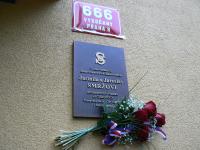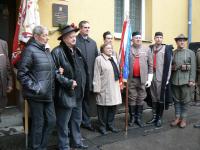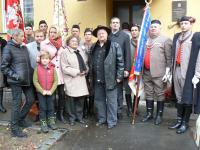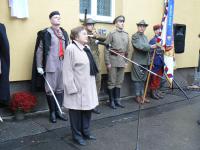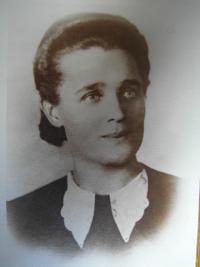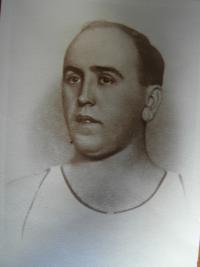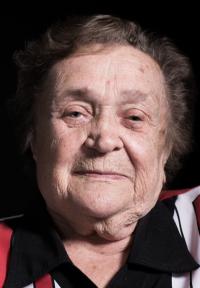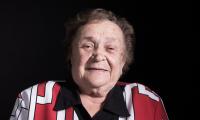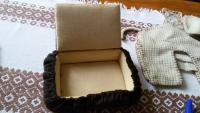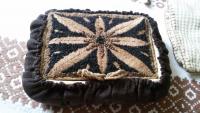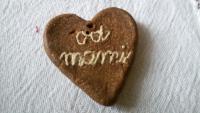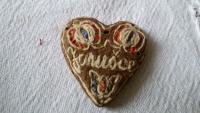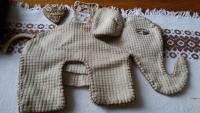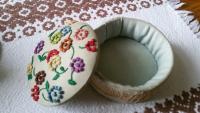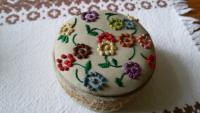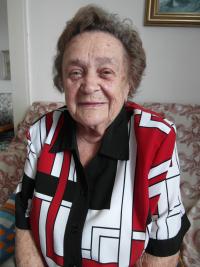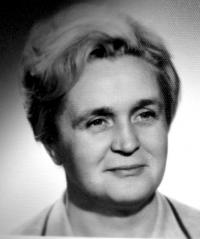After the war as I was returning home from school I wished my parents were there
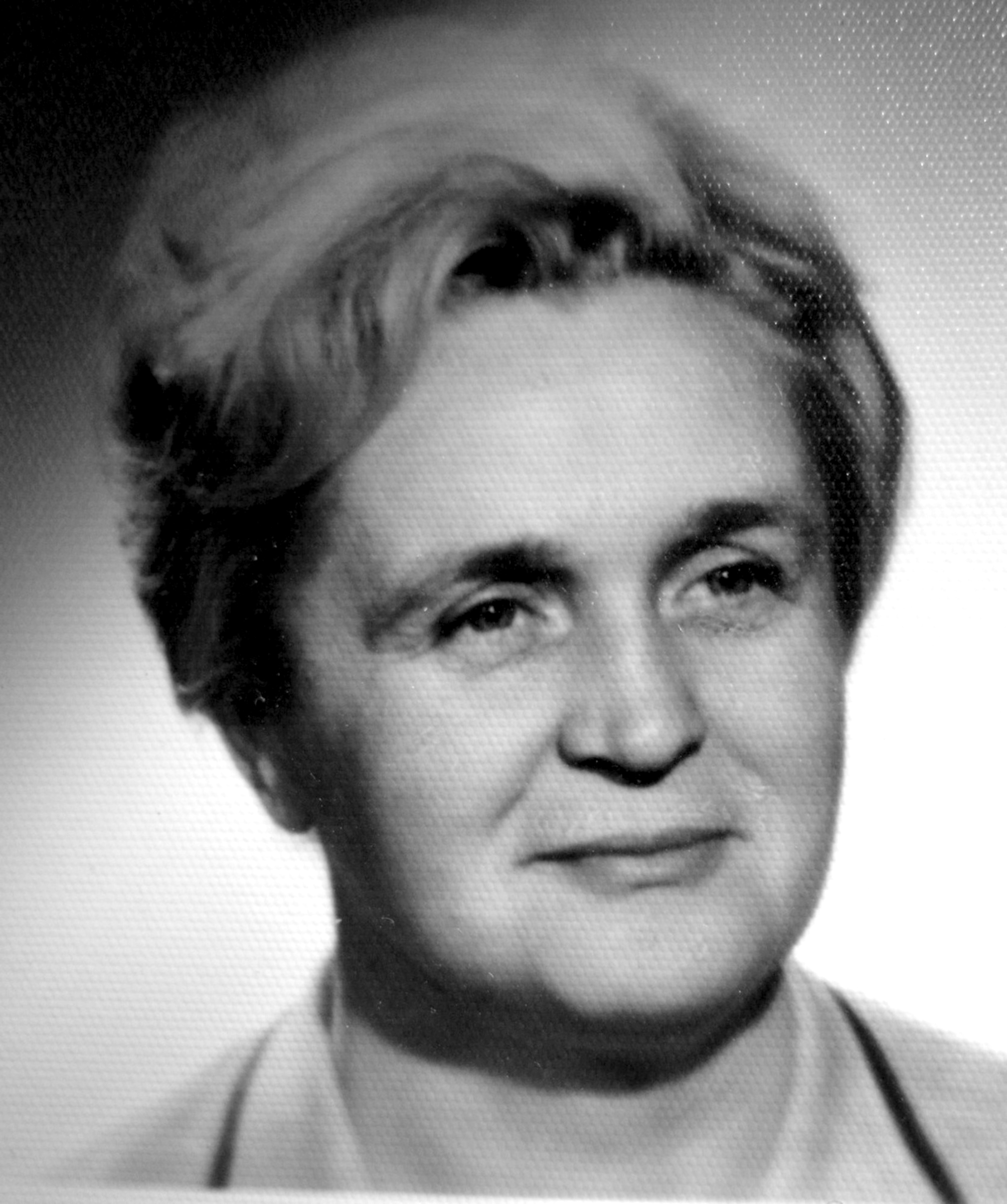
Stáhnout obrázek
Jaroslava Mokrá, née Smržová, was born on 9 November 1930. Her mother Jarmila worked as a seamstress and her father Jaroslav as an upholsterer. She had a eight years younger brother Vladimír. The family lived in Prague‘s Vysočany quarter where her father served as a local head of the Sokol sports organization and her mother trained schoolgirls. The fairly content life of the Smrž family ended abruptly when ten days into the assassination of Reinhard Heydrich, on 14 June 1942 her parents were arrested by the Gestapo. She herself was interrogated by them; the Gestapo was interested in her father‘s bike which was probably used by the assassins Gabčík and Kubiš who were hiding at the place of Jaroslava‘s aunt Emanuela Khodlová. After her parents‘ arrest the Gestapo placed her and her brother into a provisional children‘s home along with 44 children of arrested resistance members. A year and a half later all of them were transported into a camp in Svatobořice u Kyjova, and later still to Planá nad Lužnicí. All of the kids survived the war but all of their parents were executed in October 1942.
